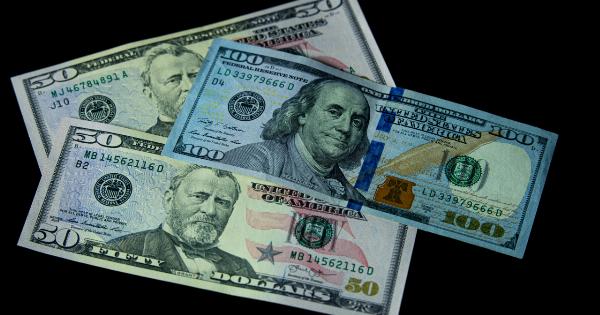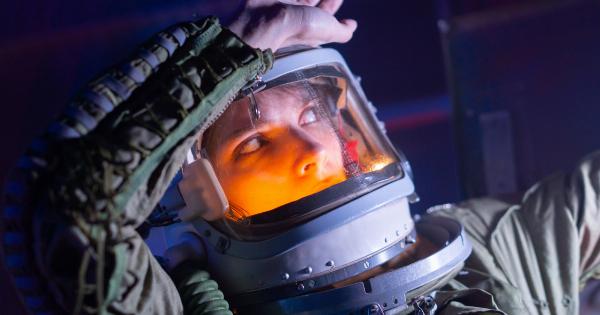Stephen Hawking was born on January 8, 1942, in Oxford, England. From a young age, he showed signs of a sharp intellect and an interest in science.
His parents encouraged his passion for learning and provided him with the necessary tools to explore his interests. Hawking attended the University of Oxford, where he studied physics and eventually earned his Ph.D. in cosmology.
The Diagnosis of Motor Neuron Disease
In 1963, at the age of 21, Hawking started experiencing unusual symptoms. He began to stumble and fall frequently, and his coordination became increasingly impaired.
After several tests and consultations with doctors, he was diagnosed with motor neuron disease, a condition that affects the nerves controlling voluntary muscle movements.
The Prognosis and Initial Reactions
Motor neuron disease (MND) is a progressive disorder with no known cure. Doctors informed Hawking that he had approximately two years to live.
The news came as a shock to Hawking and his loved ones, and it would have been understandable for him to give up on his dreams and succumb to despair. However, Hawking possessed an exceptionally resilient and determined mindset.
Hawking’s Battle Against MND
In the face of his devastating diagnosis, Hawking refused to let MND define his life. He was determined to continue his scientific pursuits and make the most of the time he had left.
Despite the physical limitations imposed by the disease, he pushed forward, striving to contribute to the field of theoretical physics and challenging long-established scientific notions.
Career Achievements
Despite the progressive nature of MND, Hawking continued to make groundbreaking contributions to cosmology and theoretical physics. One of his most significant achievements was his work on black holes.
Hawking’s research revealed that black holes are not entirely black but emit radiation, now known as “Hawking radiation.” This discovery revolutionized our understanding of these enigmatic cosmic objects.
Communication Challenges
As Hawking’s condition worsened, he gradually lost control over his muscles, including those responsible for speech. To communicate with others, he relied on a speech-generating device operated by his cheek movements.
This technology enabled him to continue sharing his ideas and engaging in scientific discussions, but the process was slow and laborious.
Inspiration to Others
Hawking’s unwavering dedication and perseverance in the face of enormous physical obstacles inspired countless individuals around the world.
His refusal to let his condition hinder his intellectual pursuits and his commitment to pushing the boundaries of scientific knowledge made him an icon of resilience and determination.
Living Beyond Projections
The two-year life expectancy given to Hawking at the time of his diagnosis came and went, but he remained defiant.
Instead of accepting the prognosis, he continued to defy expectations, dedicating himself to his work, advocating for disability rights, and living a life filled with purpose and meaning.
The Legacy of Stephen Hawking
Stephen Hawking passed away on March 14, 2018, at the age of 76. His legacy, however, lives on. His contributions to our understanding of the universe, his resilience, and his extraordinary mind continue to inspire scientists and thinkers worldwide.
Hawking’s story serves as a powerful reminder that through determination and the power of the human mind, we can overcome seemingly insurmountable challenges.
Impact and Influence
Stephen Hawking’s work and life have left an indelible impact on the world. His contributions to theoretical physics and cosmology have shaped scientific discourse and expanded our understanding of the universe.
Beyond the realm of science, Hawking’s story has touched the lives of individuals facing their own challenges. His ability to persevere, adapt, and pursue his passion despite his physical limitations serves as a powerful example to anyone faced with adversity.
The Continuing Fight Against Motor Neuron Disease
While Stephen Hawking’s scientific achievements will forever be remembered, his battle with motor neuron disease brings attention to the ongoing efforts to find a cure for the condition.
Researchers and medical professionals around the world continue their work to understand the underlying causes of MND, develop more effective treatments, and ultimately find a cure. The determination and resilience demonstrated by Hawking serve as a reminder of the urgency and importance of this ongoing fight.






























